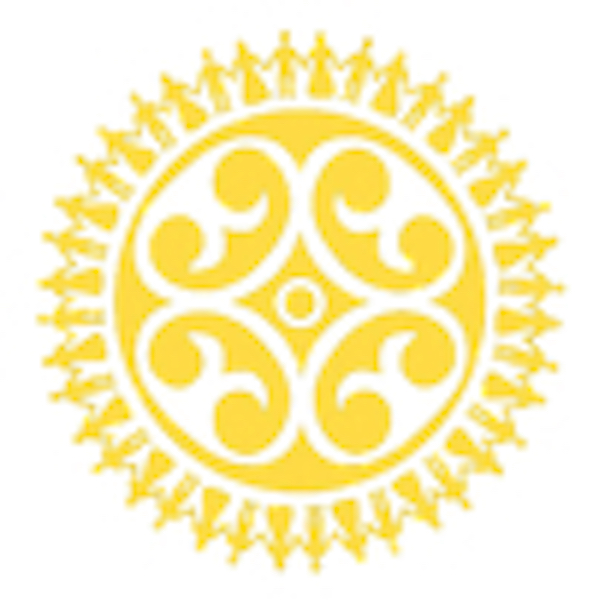Non-Russian Anti-War Movement Abroad Expands into Center for Support of National Languages and Cultures

Putin’s war in Ukraine has triggered the growth of nationalism in many non-Russian groups inside his country, but one of the broadest and most dramatic examples of this is abroad in London’s Yurt Community which began as an anti-war movement but has now expanded to be a center for the promotion of non-Russian languages and cultures.
Lidiya Grigoryeva, an activist with the group, says the Yurt Community movement was launched a year ago in London to help non-Russians from the Russian Federation express their opposition to Putin’s war in Ukraine. That has led the group to work to promote the salvation and growth of their nations (idelreal.org/a/32577459.html).
Last month, she says, the group launched a Navigator of the Languages of the Indigenous Peoples of Russia, an internet project (t.me/yurt_community/38 and yurtcommunity.org/ru)that is “the only platform for the preservation and dissemination of academic and other materials on the languages of ethnic groups living on the territory of Russia.”
Grigoryeva herself is a Yakut who spoke her national language at home but lost the habit of doing so when she went to a Russian-language school. She recovered her interest in her national language when she studied in St. Petersburg and was subjected to bullying by Russians for using her language. Instead of repressing her, such experiences revived her interest in Sakha.
In her republic, she says, there is a general revival of interest in the Sakha language. Unfortunately, the same cannot be said for the situation among the numerically smaller peoples of the Russian north. There the rising generation rarely knows the national language, and these tongues face extinction in the near future. The Yurt Platform is designed to combat that.
Unfortunately, she continues, this is a difficult but absolutely necessary struggle: “The trend in modern society is toward simplification, seeing everything in black and white,” with people saying there’s no need for learning any languages except Russian and English. But “that is the same as saying we don’t need thousands of kinds of plants or more than seven colors.”
“Diversity of languages and cultures only enriches any society,” Grigoryeva says; “and it is very sad to realize that we are losing this wealth.” Of course, to reverse the current path requires more than instruction in these languages; it requires a wholesale revamping of society so that people will find the use of these languages useful to themselves.
According to the activist, “a language lives in a milieu – and few are interested in studying a language which does not help them find work or get a high-quality education, especially if one considers the large number of stereotypes and stigmas about indigenous languages.”
Activism in support of languages is thus connected with activism in support of nations more generally, she argues. “There exists a great diversity of ethnic activism, and the study of the culture, history and language of one’s people is not necessarily connected with national liberation ideas.” But they can support one another.
“For us,” she says, “de-colonization is in the first instance a return to ourselves of our cultural identity, a sense that we rank too as ‘a state-forming people,’ no better and no worse than others, are capable of resisted forced russification, and struggle for our right to be ourselves” rather than to be defined by others.
According to Grigoryeva, “our movement includes representatives of civil society … [because] each people and each individual has the right to a worthy life, respect for his or her culture and language. We must not be ashamed of our identities, cultures, and langauges, just as we must not discriminate against others on ethnic grounds.”
“The problem of Russia is that instead of a real discussion and resolution of problems … the authorities hypocritically speak about ‘the friendship of the peoples’ and create a beautiful picture for show while deepening the contradictions in the current system. Therefore, the popularity of national liberation movements and de-colonial discourse will only grow.”
“Our movement,” Grigoryeva says, “does not form a political unit; but we understand that in a democratic country, national-liberation movements could become one of the parties in republic parliaments.” Today, the situation in Russia is far from that; but it is a goal worth working towards.